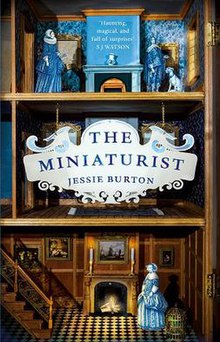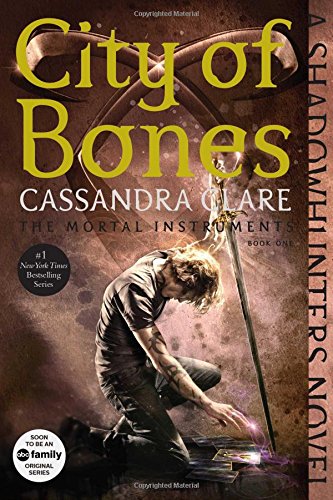One reviewer called this fantasy novel by Leo Carew--intended to be the first in a series--"a rousing cross between The Magnificent Seven and Game of Thrones" (Paul Hoffman). I haven't watched the latter but certainly can see the the appropriateness of the former reference although this involves whole armies rather than small bands of do-gooders vs. bad guys. Set in an alternative island realm called Albion that looks reminiscent of England, the north is a wild, uncultivated place inhabited by a giant (7 feet tall) warrior culture called the Anakim. These are the good guys. They are relatively self-sufficient, growing enough food to feed the populace and creating buildings from stone. They live to the ripe old age of 200 years or more if they aren't killed in battle. And they love their land intensely with its massive forests, forbidding mountainous terrain and ferocious wild life. They eschew the accumulation of wealth or colorful ornamentation in their dress or domestic settings.
To the south, across the River Abus, are the Sutherners, ruled by a king in the city of Lundenceaster. They are "soft"-- farmers and towns people--who accumulate wealth and wear jewelry and bright colors. Believe it or not, these are the bad guys. They invade the Anakim--out of fear, out of acquisitiveness, out of curiosity--it's not clear. But led by crafty "upstart" (i.e., not a nobleman) Bellamus, they defeat the Anakim in the initial contact. The Anakim leader, Kynortas, is killed and his young son Roper, recognizing the booby traps that have been laid, calls for retreat in order to save lives. However the Anakim do not retreat, and a brash warrior, Uvoren, makes it his goal to usurp Roper as the heir to the throne. It is this conflict between Roper and Uvoren and their battle for the hearts and minds of the Anakim, as well as the battles fought between armies, that drives the story line. It was well written with interesting characters and a fine job of world building; the Anakim and their world seem to have been influenced by Carew's own lifestyle preferences. I won't be seeking out the sequel, even so, as this just isn't a subject--war-- that engaged me.
However, don't just take my word for it. Kirkus calls this book "A grand-scale historical fantasy set in the frigid wilds of the Black Kingdom, Carew’s stellar debut novel—about a young lord forced into a perilously complex situation after his father is killed in battle—is an action-packed and blood-splattered tour de force."
Publishers Weekly also gave a glowing review as did The Guardian.
To the south, across the River Abus, are the Sutherners, ruled by a king in the city of Lundenceaster. They are "soft"-- farmers and towns people--who accumulate wealth and wear jewelry and bright colors. Believe it or not, these are the bad guys. They invade the Anakim--out of fear, out of acquisitiveness, out of curiosity--it's not clear. But led by crafty "upstart" (i.e., not a nobleman) Bellamus, they defeat the Anakim in the initial contact. The Anakim leader, Kynortas, is killed and his young son Roper, recognizing the booby traps that have been laid, calls for retreat in order to save lives. However the Anakim do not retreat, and a brash warrior, Uvoren, makes it his goal to usurp Roper as the heir to the throne. It is this conflict between Roper and Uvoren and their battle for the hearts and minds of the Anakim, as well as the battles fought between armies, that drives the story line. It was well written with interesting characters and a fine job of world building; the Anakim and their world seem to have been influenced by Carew's own lifestyle preferences. I won't be seeking out the sequel, even so, as this just isn't a subject--war-- that engaged me.
However, don't just take my word for it. Kirkus calls this book "A grand-scale historical fantasy set in the frigid wilds of the Black Kingdom, Carew’s stellar debut novel—about a young lord forced into a perilously complex situation after his father is killed in battle—is an action-packed and blood-splattered tour de force."
Publishers Weekly also gave a glowing review as did The Guardian.









